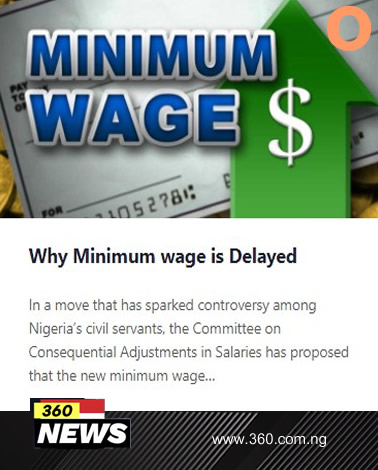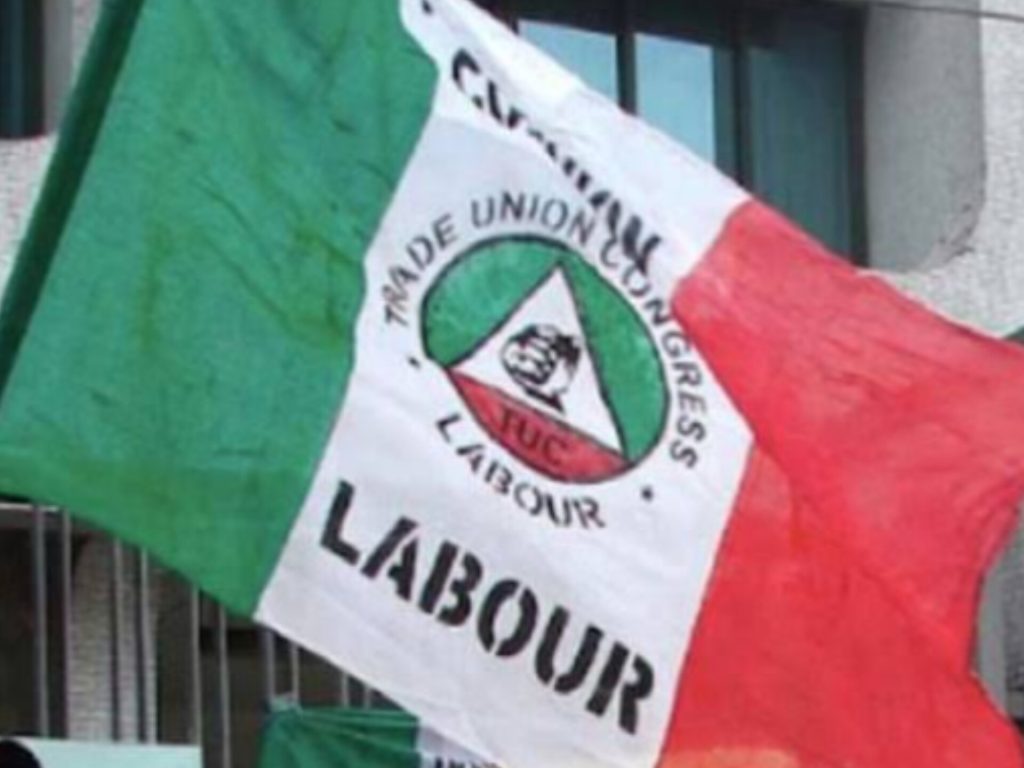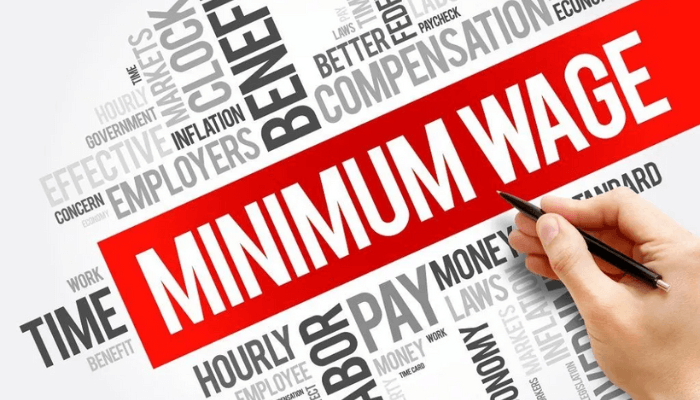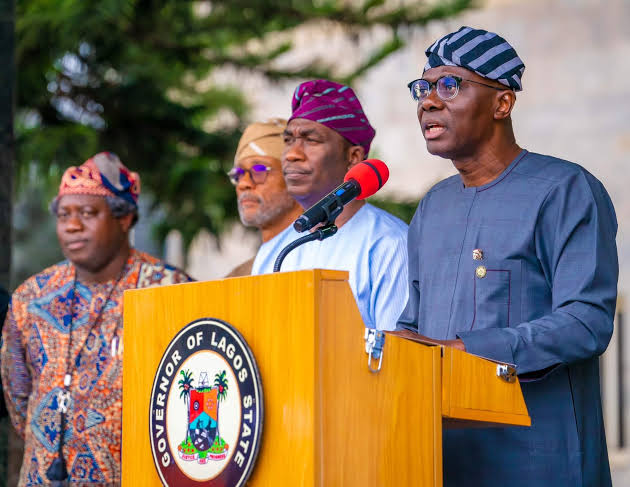Why Minimum wage is Delayed

In a move that has sparked controversy among Nigeria’s civil servants, the Committee on Consequential Adjustments in Salaries has proposed that the new minimum wage will take effect on July 29, 2024, six months after the initial proposed date of May 1, 2024.
According to the Memorandum of Understanding (MOU) issued by the Committee, led by the Head of Civil Service of the Federation, Didi Walson-Jack, the government took into consideration the current economic situation in Nigeria before arriving at this decision. However, not all stakeholders are in agreement with this proposed effective date.
While the MOU recommended that the National Salaries, Incomes and Wages Commission would generate appropriate salary templates for implementation, Head of Information of the Nigerian Labour Congress, Benson Upah, expressed disapproval of the backdating of the effective date to July.
Similarly, the National Vice President of the Trade Union Congress, Timmy Etim, criticized the government’s change in stance from the initially promised May 1st implementation date, calling it “unfair”. Civil servants have expressed their frustration with the delay in the implementation of the N70,000 minimum wage, with some even calling it a “height of wickedness”.
The stakes are high for the government, as the failure to implement the new minimum wage in a timely manner could lead to further economic hardship for civil servants and their families, potentially stoking already simmering tensions in the country.
The situation is made all the more urgent by the increasing cost of living, which has been exacerbated by the removal of fuel subsidies and the devaluation of the naira.
As the impasse between the government and civil servants continues, it remains to be seen how this will ultimately be resolved and what the long-term implications will be for Nigeria’s already strained economy.
The impact of this delay in the implementation of the new minimum wage extends beyond just the financial wellbeing of civil servants and their families.
For one, it could negatively affect the morale and productivity of public sector employees who feel undervalued and overworked. This, in turn, could have a detrimental impact on the overall performance of government institutions, which could further exacerbate the existing challenges facing the country.
Moreover, the delay in implementing the minimum wage could also send a signal to potential investors that the Nigerian government is not committed to the welfare of its citizens, which could discourage foreign direct investment and hinder economic growth.
While the government may have its reasons for delaying the implementation of the new minimum wage, there is a growing concern that the government’s approach to addressing the issue may be shortsighted and counterproductive.
Instead of focusing solely on the economic impact of the minimum wage, the government should consider the wider social and political implications of its decisions.
Failure to do so could undermine public trust in the government’s ability to address the country’s challenges, and potentially fuel further social and political instability in Nigeria.
References and Citations:
- PUNCH – Labour kicks as FG backdates minimum wage implementation to July
- TheNation – Minimum wage: FG backdates implementation to July 29
- Daily Post – Minimum wage: committee finalies work as FG, Labour sign MOU
Picture News







